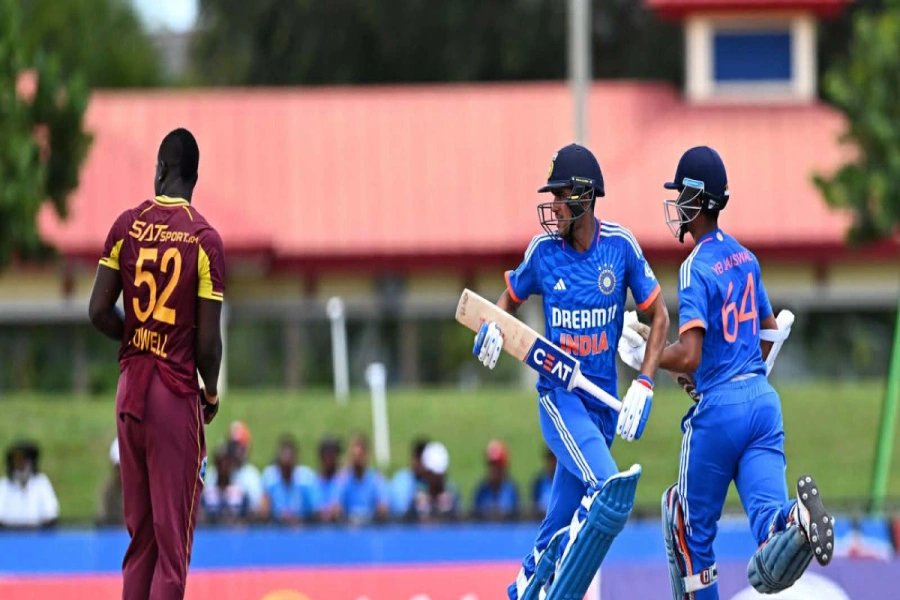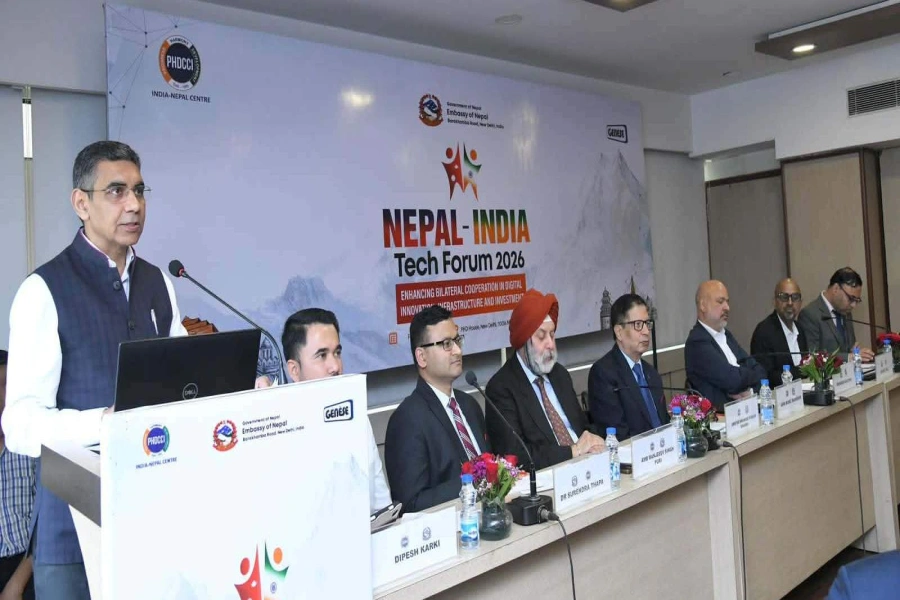Though the government had planned to vaccinate at least 430,000 frontline workers, only 184,857 people chose to get the shot
KATHMANDU, Feb 9: In the first phase of the vaccination drive, the government had planned to inoculate at least 430,000 frontline workers. According to the Ministry of Health and Population, only 184,857 people across the country came to the vaccination centers to get inoculated against the COVID-19.
Although the government encouraged frontline workers to get vaccinated against COVID-19, even health workers hesitated to get a shot of the vaccine. There are several reasons behind the health workers refusing to get vaccinated against COVID-19, doctors say.
A huge number of frontline workers – doctors, nurses, hospital support staff, sanitation workers, among others – refused to get vaccinated over concerns of safety and effectiveness of the vaccine.
Vaccine against COVID-19 to be provided to children aged 5 to 1...

The first phase of the vaccination drive concluded at 6 PM on Saturday, according to the health ministry.
“One of the major reasons is that the government failed to make the people aware of the effectiveness and safety of the vaccine. Likewise, a lot of false rumors circulated on social media and news portals, discouraging the people from getting vaccinated against COVID-19,” said Dr Anup Subedee, a specialist of infectious diseases at HAMS Hospital.
Dr Subedee also said that those getting vaccinated might experience some side effects, but the government failed to send out proper information about the vaccine.
In the first phase, the government had planned to administer at least 430,000 frontline workers the ‘Covishield’ vaccine gifted by India. The southern neighbor, on January 21, gifted a million doses of ‘Covishield’ vaccine to Nepal.
The vaccine was jointly developed by Oxford University and AstraZeneca - a British-Swedish pharmaceutical and biopharmaceutical company. It has been branded as ‘Covishield’ in India, and is produced by the Serum Institute of India (SII).
Doctors also say that the news of deaths of people getting vaccinated in foreign countries discouraged the people who wanted to get vaccinated. “Though there are no risks associated with the vaccine, people opted not to get vaccinated after hearing about such news elsewhere. The government had to refute such rumors, and encourage people to get vaccinated. But the government failed,” Dr Subedee told Republica.
He also said that the government’s decision to not to vaccinate pregnant and lactating women also decreased the number of people getting the vaccine. “In other countries, the government has encouraged pregnant and lactating women to get vaccinated if they are in high risk of transmission,” he added.
Dr Sher Bahadur Pun, a virologist at the Teku Hospital, said that Nepal got the vaccine much earlier than expected. “As the vaccines came earlier than expected, even the health workers were not prepared and did not have much information about the vaccine. Adequate information about the vaccine was not available earlier, which might be the reason behind health workers refusing to get a shot,” said Pun.
“Health workers waited for a few days to see the effectiveness and side effects of the vaccine. They went to get the shot only after making sure that their friends and colleagues did not experience side effects. This shows that the government failed to communicate about the effectiveness and safety of the vaccine,” he said.












_20200814192758.jpg)


























